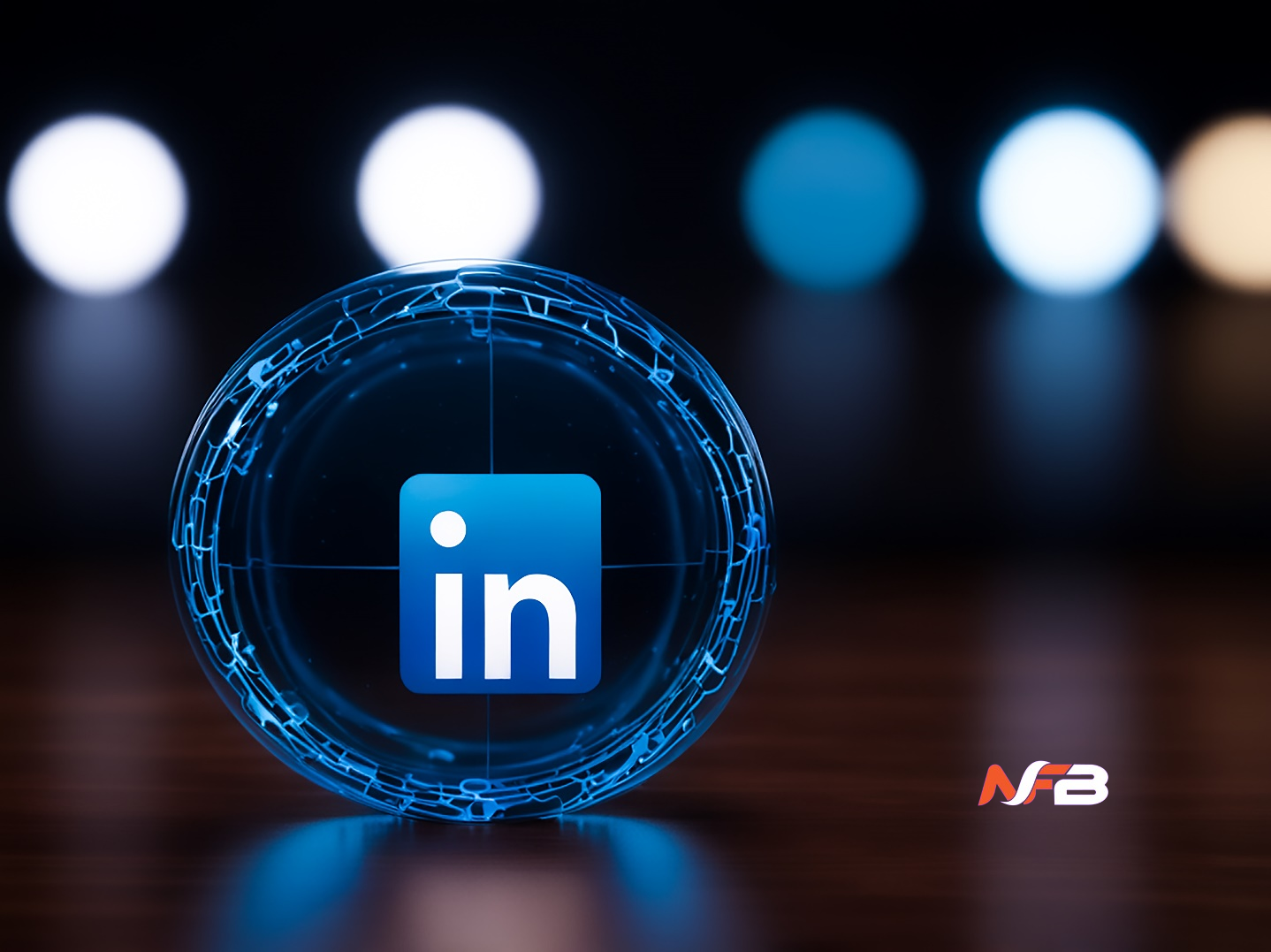LinkedIn is considered the primary social platform for professionals and businesses. It boasts over 950 million registered users as of 2024. The platform allows users to display resumes and connect with colleagues. And much more – it is a hub for business networking, recruitment, and leadership.
What makes LinkedIn especially valuable for businesses is its business-to-business (B2B) focus. Over 75% of LinkedIn users confirm they use the platform for professional purposes. The latter include job searching, networking, or staying updated on industry news.
For businesses, LinkedIn offers direct access to decision-makers.
However, making use of LinkedIn’s full potential, including lead generation and account management, is a bit challenging. This is where LinkedIn residential proxies play a critical role.
What are LinkedIn Residential Proxies?
A proxy is a server standing between your device and the Internet. When you request data from a website, the request first goes through the proxy server. It masks your original IP address. Logically, Residential proxies are proxies assigned by Internet Service Providers (ISPs) to homeowners. These IPs appear to look like legitimate users by websites and the LinkedIn platform. That is why they are considered premium. Other proxy types can easily be flagged or blocked due to their association with automated activities and bot farms.
Why Businesses Use Proxies for LinkedIn
As mentioned, LinkedIn is a vital platform for B2B marketing, recruitment, and lead generation. However, it has tight restrictions to ensure authenticity and protect users from spam or malicious activities. These restrictions can pose challenges for businesses. Say you need to manage multiple accounts or automate lead generation efforts. These are key reasons you would turn to proxies for LinkedIn:
1. Managing Multiple Accounts: LinkedIn’s strict IP monitoring makes it difficult for users to manage several accounts from one location. Businesses, especially marketing agencies or recruiters, are handicapped. Often, they need to handle multiple LinkedIn profiles. And connecting from the same IP address can lead to account suspensions or bans.
2. Data Scraping for Lead Generation: LinkedIn contains tons of valuable data. We mean job titles, company information, and contact details. However, scraping this data manually is time-consuming and inefficient. Automation tools for scraping are blocked as a rule. Residential proxies bring to you the benefit of IP rotation. And the problem is solved.
3. Bypassing Geo-Restrictions: LinkedIn’s content and user base can vary depending on geographical location. Businesses targeting leads in specific regions or countries may encounter geo-restrictions. Access to certain profiles or content may be limited. Residential proxies allow businesses to bypass these geo-restrictions.
Challenges of Managing Multiple LinkedIn Accounts Without Proxies
Attempting to use LinkedIn accounts or scrape data without proxies can raise various issues. Account suspension sounds terrible, right? How about failure to scale lead generation efforts? Here’s a closer look at the challenges businesses face:
IP Restrictions and Account Suspensions
LinkedIn detects multiple accounts being accessed from the same IP address. Its algorithm also notices unusual activity patterns. Rapid logins and logouts may raise a red flag. This can lead to temporary or permanent account suspensions.
Agencies and businesses managing multiple LinkedIn profiles suffer. Without proxies, legal businesses cannot scale these operations.
Data Scraping and Automation Risks
Many businesses use automation tools to gather data from LinkedIn. These tools can scrape information needed for lead generation. However, LinkedIn actively monitors for scraping and automation. It limits the number of requests from a single IP over a short period. If detected, LinkedIn can restrict access or block the IP entirely. Automation tools alone do not work here. Proxies are needed.
Geo-Restrictions
LinkedIn limits access to certain regions. The platform may also show different content or profiles based on your geographical location. Businesses targeting leads in specific areas may find it challenging task given their IP is not in the same region. The lack of proxies limits a business’s ability to conduct market research or reach potential leads in specific geographies.
Legal and Ethical Considerations
No doubt residential proxies for LinkedIn offers many advantages. However, businesses should also be aware of the legal and ethical considerations. LinkedIn’s Terms of Service (TOS) explicitly prohibit the use of unauthorized automation tools or scraping activities. LinkedIn penalize “suspicious” activities by account suspensions, IP bans, and legal action in extreme cases.
Here are some important considerations:
- Compliance with LinkedIn’s TOS: stay within the boundaries of LinkedIn’s policies to avoid legal consequences. Get only the publicly available data you explicitly need. Do not scrape vast amounts of info.
- Ethical Data Collection: Consider privacy and ethical concerns. Always ensure that the data you do not violate regulations. For instance – GDPR (General Data Protection Regulation) in Europe, which governs the collection and use of personal data.
- Account Security: Managing multiple accounts using residential proxies can be safe if done correctly. Improper use of automation tools or proxies can still lead to account suspensions or bans.
Conclusion
LinkedIn is one of the best platforms for lead generation in the B2B space. With the right tools, businesses can scrape valuable profile data. It includes job titles, company information, and contact details.
To bypass some restrictions stemming from security measures, users need residential proxies for LinkedIn. Businesses can collect data more efficiently and safely than ever with residential proxies.











Leave a Reply